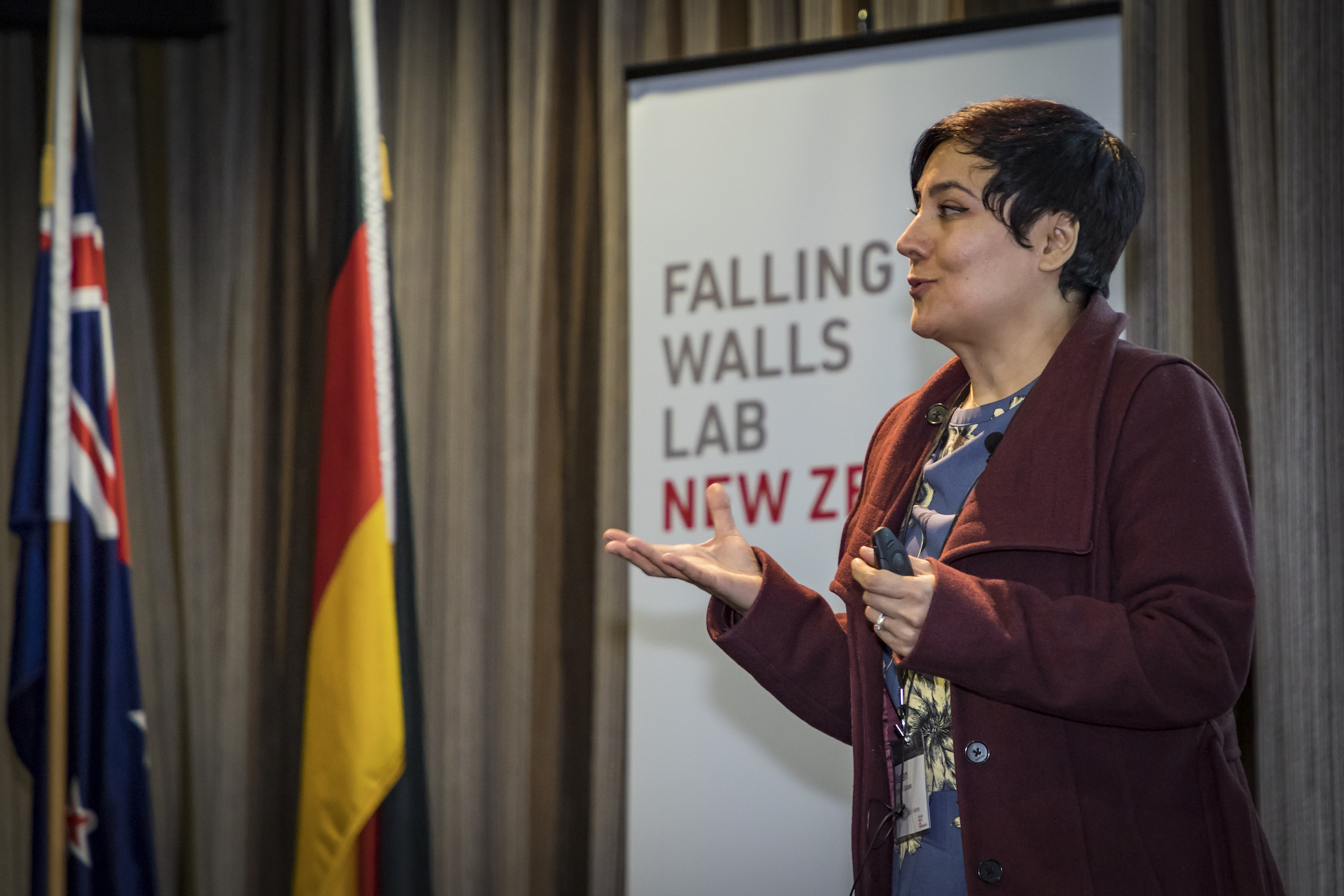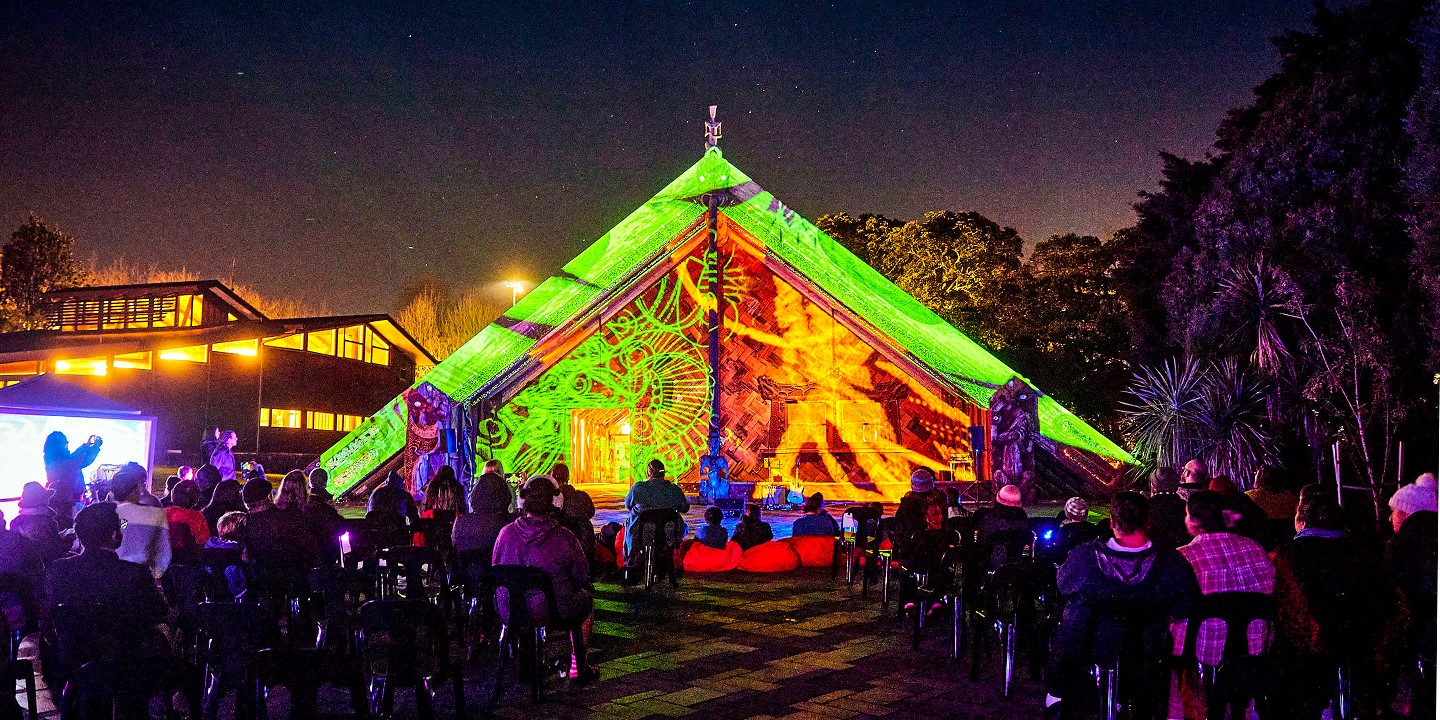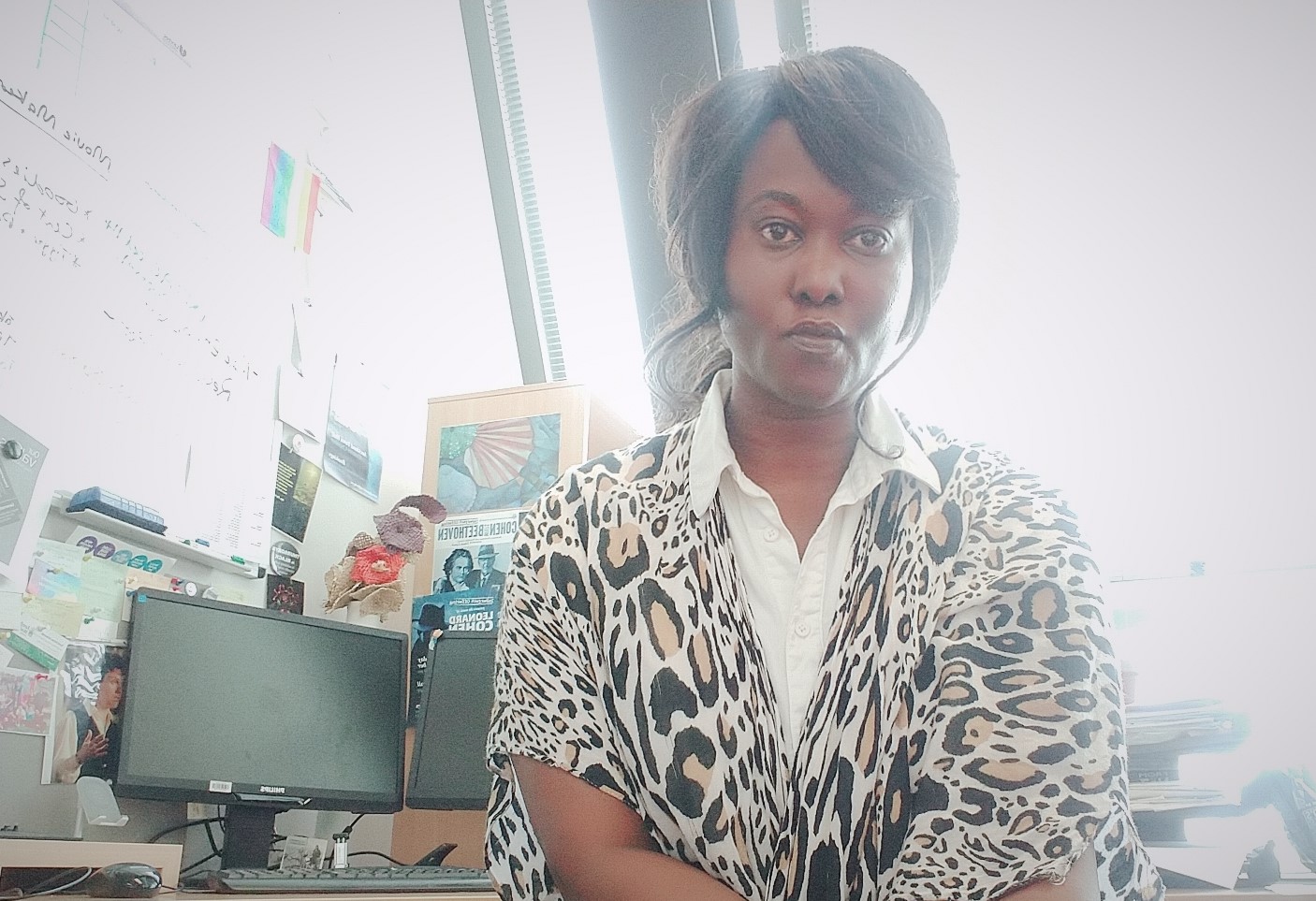Unitec’s Maryam Erfanian took her place among some of New Zealand’s most innovative thinkers this week. She competed at the first Falling Walls Lab New Zealand competition, presenting her work on helping improve patients’ communication after a laryngectomy.
Only 19 people from industry and academia were selected for the New Zealand lab, held by the Royal Society Te Apārangi and Embassy of the Federal Republic of Germany. Erfanian was the only person there from an institute of technology or polytechnic. Although she didn’t win, her presentation generated a lot of interest and encouragement.
The computer science lecturer and doctoral student is working on a non-surgical rehabilitative tool that helps patients who’ve had a laryngectomy to speak with a natural-sounding voice. A laryngectomy involves removing part or all of someone’s voice box, and usually happens in cases of cancer, traumatic injury or HPV virus infection.
Erfanian is also the lead author on a paper about the work that has been accepted for an international conference in Japan this month.
Helping laryngectomy patients speak clearly again, and with a Kiwi accent, is a highly complex goal. She’s working with experts from Unitec and North Shore Hospital in voice disorders, electronic engineering and signal processing.
“Acoustic measurements of voiced vowels and diphthongs have created the foundational knowledge needed for any advancement in modern speech processing and speech recognition, from mobile phones to applications such as Siri,” Erfanian explains.
“However, these critical measurements are lacking in the distorted speech of patients who are seeking to regain their natural speech. Although there are some devices to help such patients, all have disadvantages. One device you have to hold to your throat, and it sounds very monotone. This prompted our work on a non-surgical, non-invasive solution.”
Breaking barriers

Image: Royal Society Te Apārangi.
Set up in 2009, on the 20th anniversary of the fall of the Berlin Wall, Falling Walls fosters discussion on research and innovation, and promotes the latest scientific findings among a broad audience from all parts of society. The question posed at every Falling Walls gathering is: Which are the next walls to fall?
The labs take place in 100 locations in approximately 50 countries each year; each person has just three minutes to share their idea, research project or social initiative from any discipline. The winner of each country’s lab travels to the Falling Walls Lab final in Berlin each November.
“I want to encourage other students at Unitec to apply, because our research is top-notch and Falling Walls is a great opportunity to promote applied research,” says Erfanian.
Her supervisor, Dr Hamid Sharifzadeh, has been leading the Bionic Voice project in New Zealand since 2014. He’s working with Waitemata DHB and Auckland Voice and Swallow Centre to collect, analyse and reconstruct speech samples from laryngectomised New Zealanders with throat cancer.
Some individuals are aphonic (having no voice or sound) and some are dysphonic (having an impaired ability to speak normally). Gathering these acoustic measurements will help them reconstruct the patients’ voices, says Erfanian.
“We know the main difference between people with a laryngectomy and us is that we are able to generate pitch, a vocal buzz – or in technical terms, fundamental frequency – using the vocal folds in our throat,” she explains.
“They don’t have pitch to amplify their words, so they can only generate pseudo-whispers. The sample is taken from their breathy and noisy whispers, and the challenge is to measure the acoustic characteristics of their samples; this is what I want to catch.
“If we can find a way to remove the noise and add that buzz, to put the fundamental frequency on top of the distorted sounds their vocal system is creating, we can develop a new rehabilitative device that allows people to talk in their own voice in real time.”
From linguistics to larynxes
Erfanian’s path into this highly technical world is an unexpected one. She completed a Bachelor of Linguistics (French) in her native Iran, then began studying computing. After gaining her Master in Computer Science at Australia’s Griffith University, she came to Unitec to do her doctorate.
“This is a very interdisciplinary project. I didn’t want to just be a computer person, I wanted to develop something to help the health of other people,” she says.
The paper on which Erfanian was the lead author, A preliminary acoustic analysis of laryngectomised speech in adult New Zealanders, has also been accepted for the 16th IEEE International Workshop on Acoustic Signal Enhancement, held in Tokyo in mid-September. Sharifzadeh will travel to Japan to present it on her behalf.
Learn about studying Computer Science at Unitec.
Read more about Falling Walls Lab.





